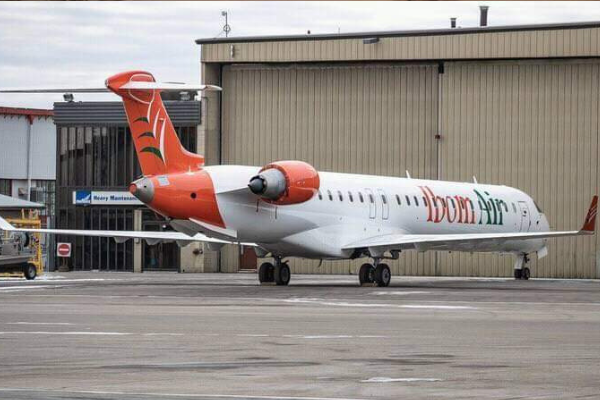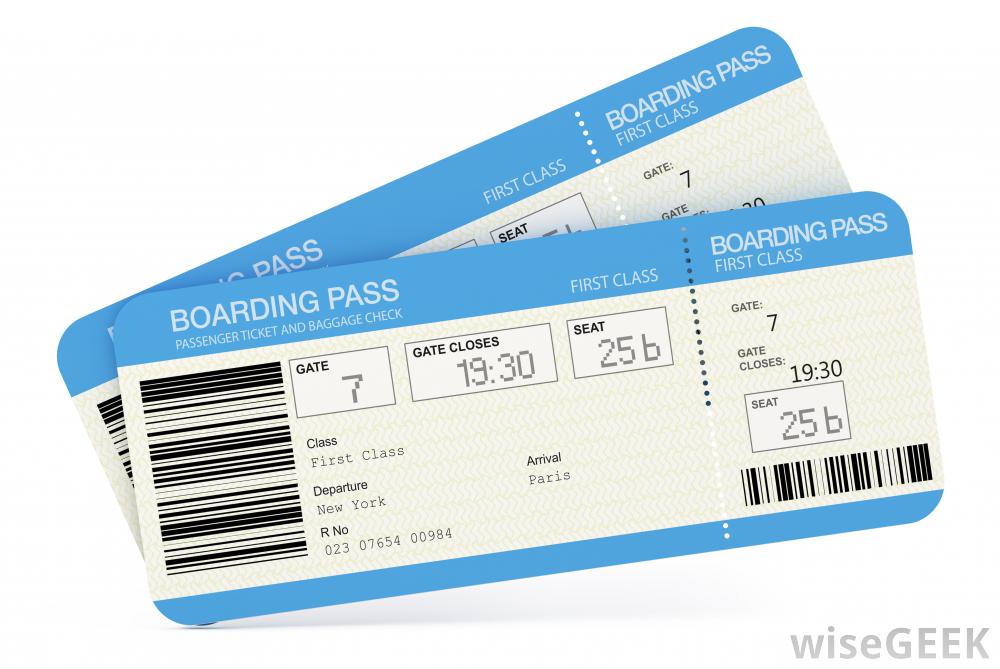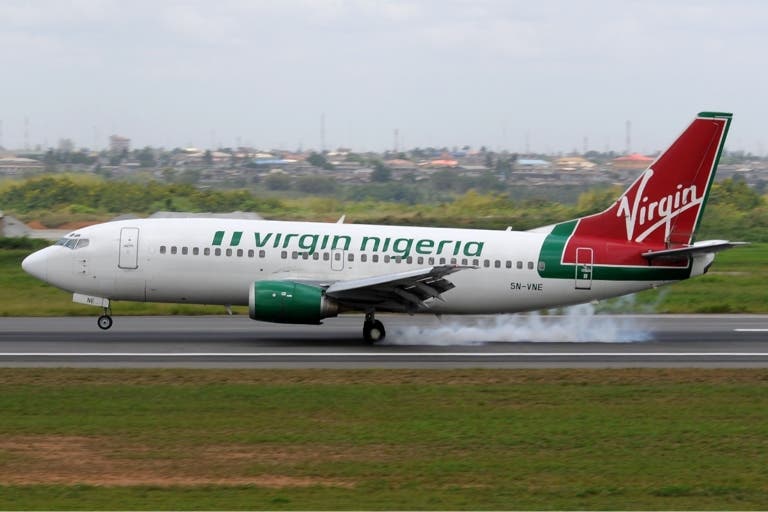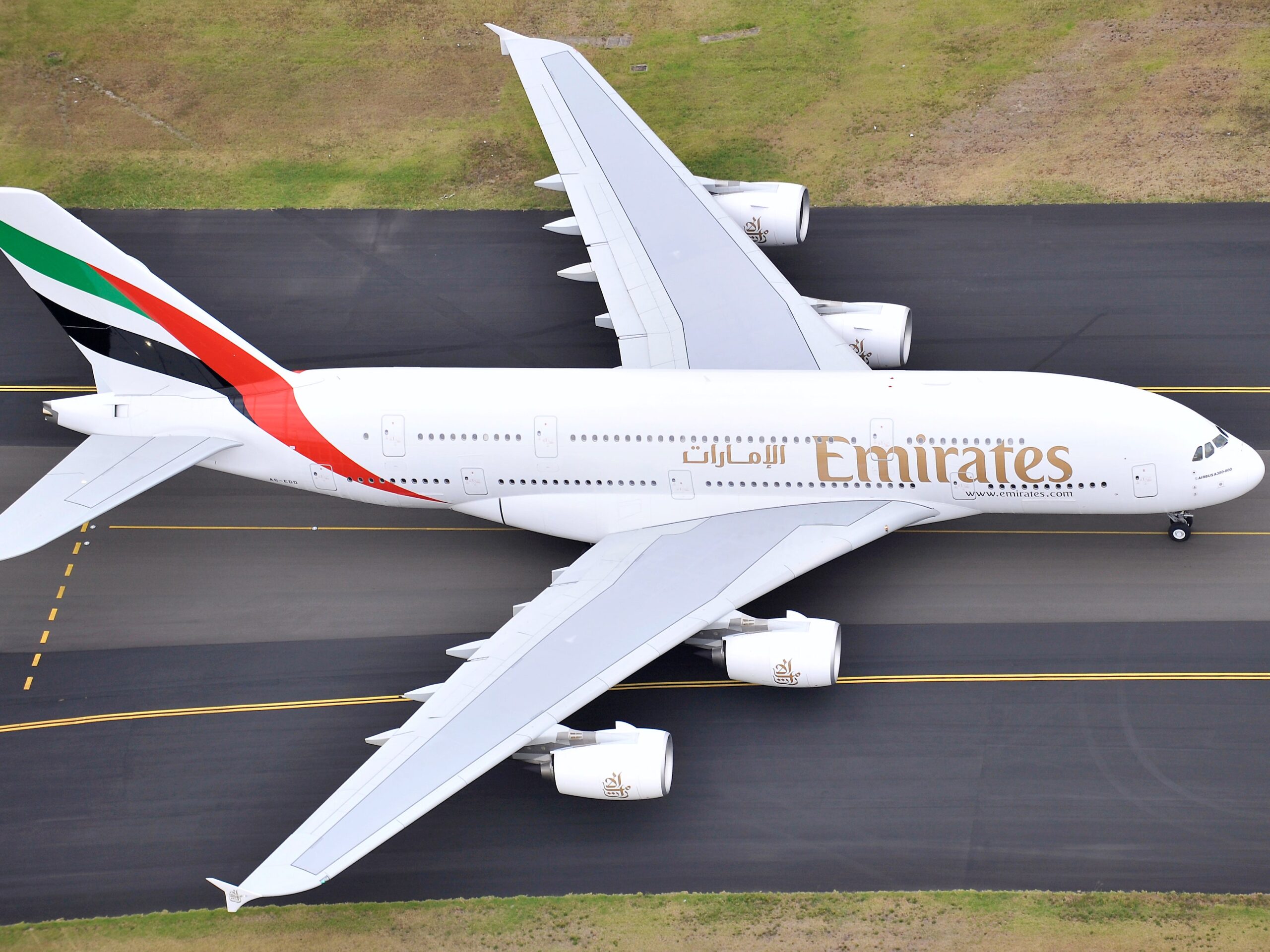Ibom Air Orders 10 Airbus A220s
By Favour Nnabugwu
Nigeria’s Ibom Air has placed an order for 10 Airbus A220s. The order is broken down between the types, with the A220-300 being delivered from 2023, with the A220-100 to follow.
The order pushes Airbus to an even stronger lead in terms of orders placed on day three of the Dubai Airshow, as well as the total orders for the Dubai Airshow so far.
While Boeing took an early lead in the Dubai day three order book, it was quickly overtaken by rival Airbus when the Middle Eastern carrier Jazeera Airways placed an order for up to 28 new jets from the Airbus A320neo family, worth more than $3.3 billion.
For now, Ibom Air’s order os comprised of three of the larger Airbus A220-300, and seven of the smaller A220-100s. However, while the numbers of aircraft have been set, the split between the two types remains fluid, meaning we could see more of one type, and less of another.
The airline isn’t totally new to the Airbus A220. Instead, it is already wet leasing two Airbus A220-300s from fellow African airline, Egyptair. Wet leasing means that Ibom Air is paying Egyptair to provide the aircraft, fuel, and crew.
All-A220 operator airBaltic is currently showing off one of its shiny Airbus A220 aircraft at the Dubai Airshow. Unlike airBaltic, Ibom Air isn’t eyeing an all A220 fleet. According to ch-aviation.com, the airline already has five Embraer CRJs.
During the press conference, Mfon Udom said that the Airbus A220 order would complement its existing fleet, rather than replace it. The airline is owned by the Akwa Ibom state government, and as such, both its CEO and the Governor of the state, Udom Emmanuel.
Airbus’ chief commercial officer, Christian Scherer, commented that the aircraft is ideally suited to the Nigerian aviation market. By the end of October, the Airbus A220 had already clocked 643 firm orders from customers around the globe. While many aircraft were impacted by the global pandemic, the A220 has already exceeded its pre-pandemic schedule, as was previously shown by Simple Flying’s analysis










